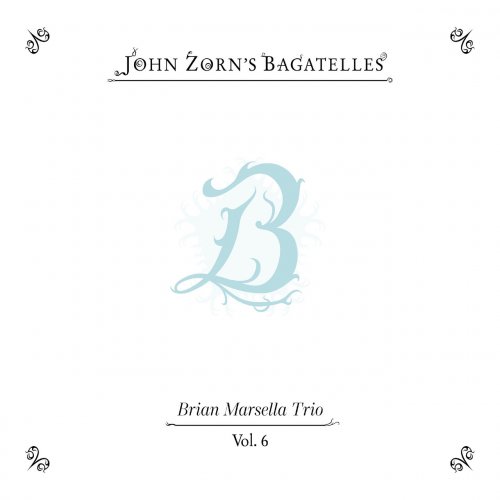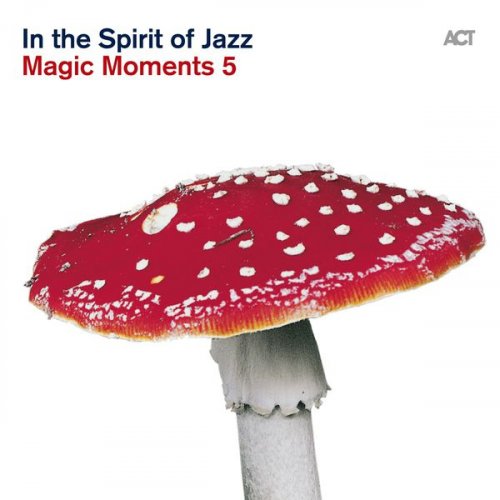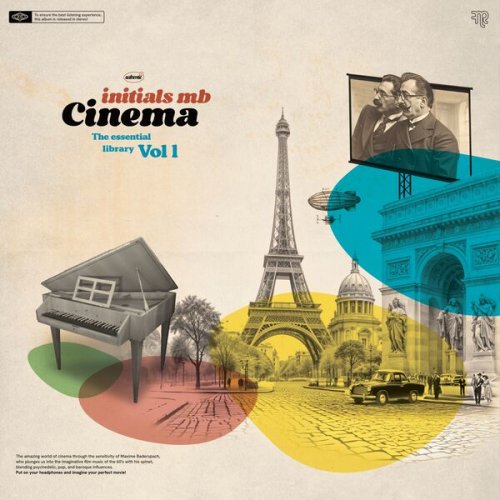Duke Robillard Band - Low Down And Tore Up (2011) [CD Rip]
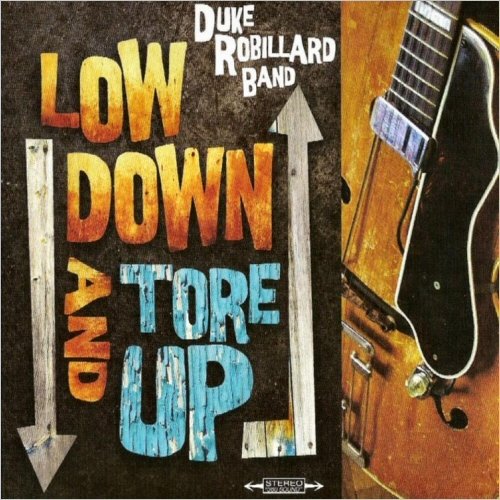
Artist: Duke Robillard Band
Title: Low Down And Tore Up
Year Of Release: 2011
Label: Stony Plain Records
Genre: Electric Blues
Quality: FLAC (tracks+log+scans) | MP3 320 kbps
Total Time: 49:14
Total Size: 361 MB | 128 MB
WebSite: Album Preview
Tracklist:Title: Low Down And Tore Up
Year Of Release: 2011
Label: Stony Plain Records
Genre: Electric Blues
Quality: FLAC (tracks+log+scans) | MP3 320 kbps
Total Time: 49:14
Total Size: 361 MB | 128 MB
WebSite: Album Preview
1. Quicksand (3:12)
2. Trainfare Home (4:35)
3. Mercy Mercy (3:04)
4. Overboard (3:18)
5. Blues After Hours (4:33)
6. Want Ad Blues (3:58)
7. Do Unto Others (2:27)
8. It's Alright (3:22)
9. Let Me Play With Your Poodle (2:35)
10. Tool Bag Boogie (3:10)
11. What's Wrong (3:35)
12. I Ain't Mad At You (3:30)
13. The 12 Year Old Boy (4:31)
14. Later For You Baby (3:18)
For his 18th album on Stony Plain, Duke Robillard leads his band - Bruce Bears on piano, Brad Hallen on acoustic bass, and Mark Teixeira on drums - through a set of covers of often obscure blues tunes from the late 1940s and early ‘50s. It's as if he is trying to re-create the contents of a jukebox in some Chicago bar of the era, with two songs each drawn from the repertoires of Guitar Slim ("Quicksand," "Later for You Baby"), Tampa Red ("Mercy Mercy Mama," "Let Me Play with Your Poodle"), Sugar Boy Crawford ("Overboard," "What's Wrong"), Pee Wee Crayton ("Blues After Hours," "Do Unto Others"), and Elmore James ("Tool Bag Boogie," "The 12 Year Old Boy"), plus Eddie Taylor's "Trainfare Home," John Lee Hooker's "Want Ad Blues," Jimmy McCracklin's "It's Alright," and Bobby "Blues" Merrill's "I Ain't Mad at You."
Some of those names are well known, while many are not, but Robillard makes a case for them all as blues masters. It is possible to hear much later music in the variety of blues styles here. "Tool Bag Boogie," an instrumental, sounds like the track for a Chuck Berry song, for instance, while "What's Wrong" has the same stop-and-start pattern of Muddy Waters' "I'm a Man." "I Ain't Mad at You" is a jump blues in the manner of Louis Jordan. And "Do Unto Others" displays a frantic guitar riff later borrowed by the Beatles for the opening of "Revolution." Robillard and his musicians (including guests Matt McCabe on piano on half the tracks and Sax Gordon on - what else? - sax on all but three) are not interested in polishing or updating the music; when, in Dick Shurman's liner notes, Robillard speaks of the "crudeness" of Gordon's playing, he means it as a compliment.
The musicians are aiming at authenticity, to the extent of recording quickly and with instruments, amplifiers, and microphones that can replicate the original recordings. They succeed in bringing back to life a time and a sound that continue to serve as the bedrock of urban blues and other musical styles, as well. ~William Ruhlmann
Some of those names are well known, while many are not, but Robillard makes a case for them all as blues masters. It is possible to hear much later music in the variety of blues styles here. "Tool Bag Boogie," an instrumental, sounds like the track for a Chuck Berry song, for instance, while "What's Wrong" has the same stop-and-start pattern of Muddy Waters' "I'm a Man." "I Ain't Mad at You" is a jump blues in the manner of Louis Jordan. And "Do Unto Others" displays a frantic guitar riff later borrowed by the Beatles for the opening of "Revolution." Robillard and his musicians (including guests Matt McCabe on piano on half the tracks and Sax Gordon on - what else? - sax on all but three) are not interested in polishing or updating the music; when, in Dick Shurman's liner notes, Robillard speaks of the "crudeness" of Gordon's playing, he means it as a compliment.
The musicians are aiming at authenticity, to the extent of recording quickly and with instruments, amplifiers, and microphones that can replicate the original recordings. They succeed in bringing back to life a time and a sound that continue to serve as the bedrock of urban blues and other musical styles, as well. ~William Ruhlmann


![Hyper Elastic Jinx - We Vote Force Majeure (2026) [Hi-Res] Hyper Elastic Jinx - We Vote Force Majeure (2026) [Hi-Res]](https://www.dibpic.com/uploads/posts/2026-02/1771485115_cover.jpg)
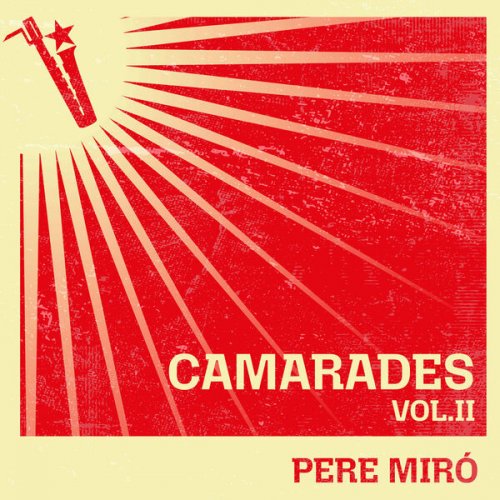
![Acid Mothers Reynols, Acid Mothers Temple, Reynols - Vol. 3 (2024) [Hi-Res] Acid Mothers Reynols, Acid Mothers Temple, Reynols - Vol. 3 (2024) [Hi-Res]](https://img.israbox.com/img/2026-02/21/vgzin7mjpuc9xi8v2ce3z1jc8.jpg)
